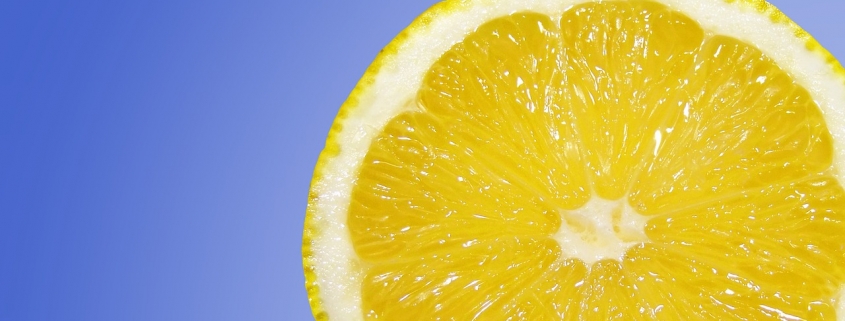The Many Uses of Lemons and How They Can Help Food Last Longer
Most of us are aware of the many uses for lemons. We know that it is an excellent food enhancer. Just a few drops on prepared food can bring out the most vibrant of tastes of almost any dish. We have also learned how effective it is at cleaning around our home. Add a little lemon juice to your cleaning solution and we can quickly have spotless countertops, bathrooms, windows, and floors with little effort. And it leaves everything smelling as fresh as a spring morning. Even the bright color can enhance the overall aesthetic of your home.
So, no doubt there are many advantages to having lemons around your home. They are rich in vitamin C and full of healthy chemicals that can even offer some level of protection from the ravages of cancer. But there is another way to use lemons that you may not be aware of; it’s a great way to preserve foods.
How to Works
Lemons are highly acidic, so when you add the juice to your foods, you’re pretty much doing exactly what manufacturers do when they pickle foods. Like vinegar, its acid inhibits the growth of bacteria and slows down the molecules of oxygen, preventing them from interacting with the molecules in the food. By slowing down this natural chemical reaction, foods will break down much more slowly retaining a good part of their essential nutrients as it does.
How to Keep Fruit Fresh With Lemons
It is amazing how fast fruit starts to turn once it’s been cut or cooked. To keep them looking fresh for longer, simply sprinkle a bit of lemon juice on the cut surface to keep it from browning. Just a few drops will extend their shelf life for as much as two to three days in the fridge, or even survive until lunchtime in your lunchbox. If you’re canning at home, simply add a spoon or two to your jams and jellies, it will work to prevent bacteria from growing and destroying your final product.
You can even add it to homemade dried fruits by simply soaking the cut fruit for 10 minutes in lemon juice before you start the dehydration process. Make a mixture that is 50% lemon juice and 50% water, and your dried fruits will nearly double their shelf life.
How to Use it in Homemade Juices
Homemade juices tend to go bad a lot sooner than those you buy in the store. This is because store-bought juices have preservatives in them. You can get those same long-lasting benefits by adding a little lemon juice to your finished juices to slow down the natural chemical processes that can cause browning. Just squeeze the juice of one lemon into the finished juice and it will last even longer, and you get the extra dose of vitamin C in the process.
Of course, it is also important to choose the right kind of lemons to get the best effect. Because the lemons you buy in the store can vary in their size, acidity, and even freshness, it can be difficult to get the same consistent results every time you use them. So, if you’re planning on doing an extensive amount of preserving, cleaning, or freshening around your home, buying whole lemons could be a little pricey.
However, for use in cleaning and preserving, fresh lemon juice is not essential. A more affordable option would be to purchase bottled lemon juice for these tasks. But, when using lemons for the preservation of food, because you won’t be using large quantities for these jobs, fresh lemons should be your preferred choice. The few drops you use won’t be enough to alter the final taste of anything you do. So, as a general rule, consider using fresh lemon juice when for cut fruits or in foods where you will be eating them relatively soon, and use bottled lemon juice for those foods that will have a longer shelf life and for household cleaning tasks. For all of your needs with refrigerator repair in SF, contact us today by visiting our website or calling us at this number (415) 831-1259.




